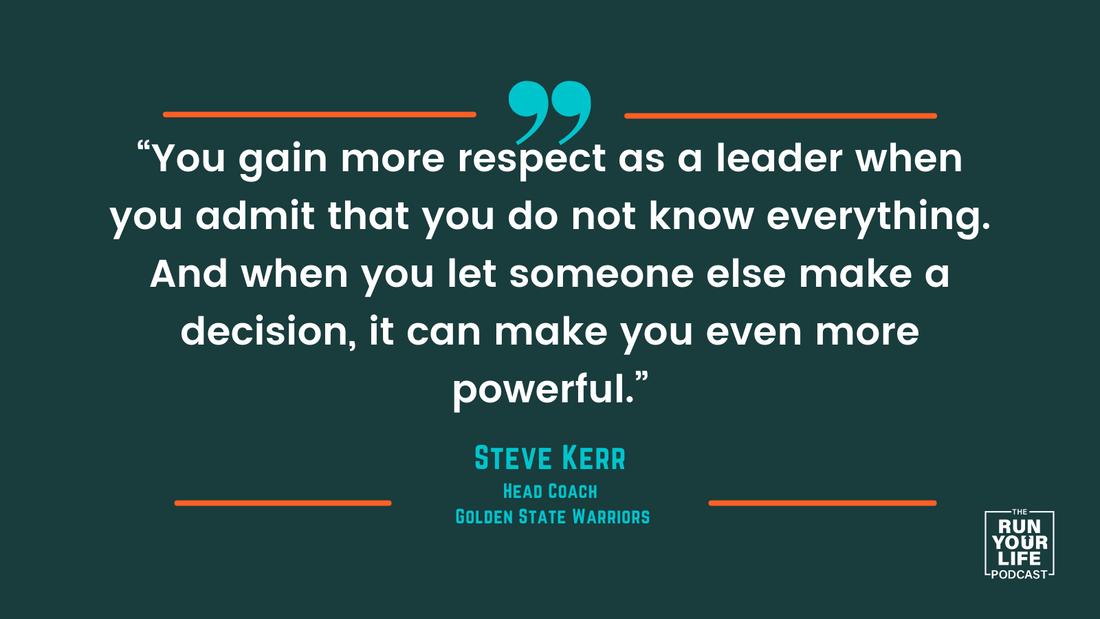|
An organization that functions well deeply roots itself in an environment that invites and supports productive conversations.
In order to have conversations of this nature, differing viewpoints and opinions must be welcomed. For it is these differences that, when managed properly, lead to the most productive conversations. It’s simply not possible to create an environment focused on growth if these types of conversations are discouraged, shot down, or ignored, especially by leaders in the organization. To this end, it is critical that leaders be the ones who commit themselves to the process of creating environments that allow for such discussions to take place on an ongoing basis. As well, leaders must model what it is like to truly listen to people who may have different points of view than theirs. Especially when that someone might fall under them within the hierarchical structure in the organization. If leaders do not encourage and support opinions different than their own, how can they expect other people to follow suit in the workplace? In 2020, researchers M. Yeomans, J. Minson, H. Collins, H. Chen and F. Gino set out to examine the use of language to communicate one’s willingness to thoughtfully engage with opposing views. Their groundbreaking paper Conversational Receptiveness: Expressing Engagement with Opposing Views highlights that there are, in fact, very specific things leaders of organizations can do to create a workplace environment that promotes and encourages thoughtful, productive conversations. The research related to 'Conversational Receptiveness’ focuses exclusively on the language used when engaging in each other’s views. Conversational receptiveness helps to equip stakeholders in the organization with the tools necessary to better communicate their willingness to engage with another person's point of view. This process is about utilizing language that signals genuine interest in understanding the other person’s perspective. According to the researchers, this type of behavior can be both learned and improved on. And leaders play the most pivotal role in this learning process. Three suggested things that can be focused on are: 1) Expressing thanks to the other person for sharing their honest thoughts. Doing so acknowledges there is something of value in someone's perspective, even if you disagree with them. This simple expression of gratitude makes others feel valued and trusted and this form of prosocial behavior helps to open up lines of communication. 2) Framing up your own argument or perspective in positive terms. Rather than your own side being 'absolute' or 'the way it is or should be done', the language used in expressing oneself is framed positively. For example, "I'd like to suggest that we consider...." “Let’s consider the possible benefits of......." “I understand that…” “I see your point…” “What I think you are saying is…” Learning to use language that positively frames up these types of discussion in the workplace has a very positive impact on relationships. The research has found that people who use this type of language are considered to more trustworthy, more reasonable, and more objective. 3) Acknowledging common ground is also critical to this process. Striving to find areas of agreement help to move conversations forward in a positive way. Here are just a few examples of what that might look like in action: “I think we both want to…” “I agree with some of what you are saying…” “We are both concerned with…” I hope this blog post helps you to reflect on the types of conversations happening in your organization. If you are a leader reading this: How do you promote conversations that support people in sharing their honest thoughts? To what extent do you feel you are doing enough to help create an environment that allows people to do this? Do you feel you are modeling, with consistency, what it is like to be open to a variety of opinions and ideas that may be different from your own? What would the people who work under you say about your ability to create an environment that provides the psychological safety needed to honesty speak their mind? If you are doing all the right things, way to go! Keep doing the things you are doing because it is sure to pay dividends in the long run. If not, what might you first need to focus on to do a better job creating the environment for more honest discussions to take place? Thanks for reading.
0 Comments
Leave a Reply. |
AuthorKAUST Faculty, Pedagogical Coach. Presenter & Workshop Leader.IB Educator. #RunYourLife podcast host. Archives
September 2022
|
- Welcome
- All Things Teaching and Learning
- The Aligned Leader Blog
- Consulting and Coaching Opportunities
- My TED X Talk
- My Leadership Blog
- Run Your Life Podcast Series
- How PYP PE with Andy Has Helped Others
- Good Teaching is L.I.F.E
- The Sportfolio
- Example Assessment Tasks
- PYP Attitude Posters (printable)
- Publications

 RSS Feed
RSS Feed
